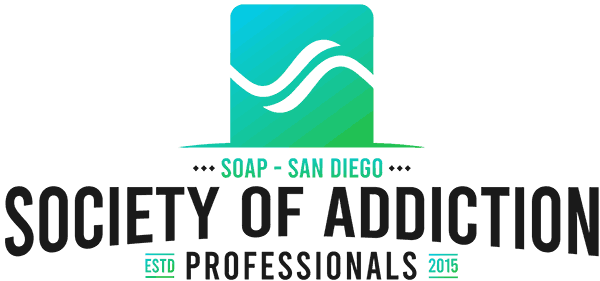While many people who are addicted get help from their families, there is usually a complicated relationship dynamic at play. For professionals in recovery, learning to help a client navigate healthy boundaries, helping them be responsible, and teaching them to communicate effectively are all important.
One of the top goals of people when they get sober is strengthening their family relationships. But they must continue to work on themselves. This is why professionals in addiction treatment are invaluable for families that live with addiction.
Confronting Mental Illness and Trauma in Families
Many people who get sober have other, unresolved issues they are trying to cope with. For example, it is not uncommon for a sober person to also struggle with mental health disorders like anxiety. For women especially, there tends also to be trauma and symptoms of PTSD to cope with, especially in the formative years.
Because of these issues, not every family will be involved in therapy. For the recovering person, creating a new “family” within their support network can be crucial. If they have a spouse or partner, they also may want to participate in family therapy.
Ultimately, it’s the addicted person’s choice to have a person participate in their therapy. If they don’t ask, it doesn’t mean they don’t love you. It simply means that they may need more personal space to grow.
Helping the family grow as the addicted person carves their path is a delicate balance that treatment professionals can help achieve.
Education for Families in Recovery
For family members, learning about addiction and recovery is essential. This is especially true when the addicted person is trying to get sober. Family members can muddle a person’s goals if they try to take over the decision-making process.
People who work in the addiction treatment industry can help re-direct the efforts of a family member. Instead of helping or enabling their addicted loved ones, they can learn the changes that they can make for themselves.
Having a list of books or even a “loaner library” for families living with addiction can be very helpful. For families, groups live Al-Anon, and individual therapy can help them begin to heal. They can also learn more about the disease of addiction and how it affects the brain.
Most importantly, they will begin to understand they are powerless over another person’s addiction. They can then learn healthy, supportive behaviors and begin to stamp out any enabling.
Join Our Network
Are you looking for a way to stay connected and informed in the treatment profession? We’re here to help addiction recovery professionals thrive in the era of COVID-19 and beyond. Join one of our free online meetings to learn more.

